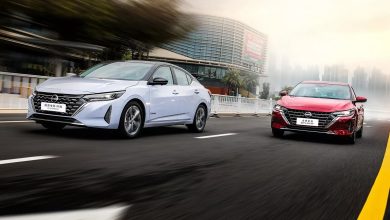Will Cars Be Included In Indonesia’s Proposed 200% China Tariffs?
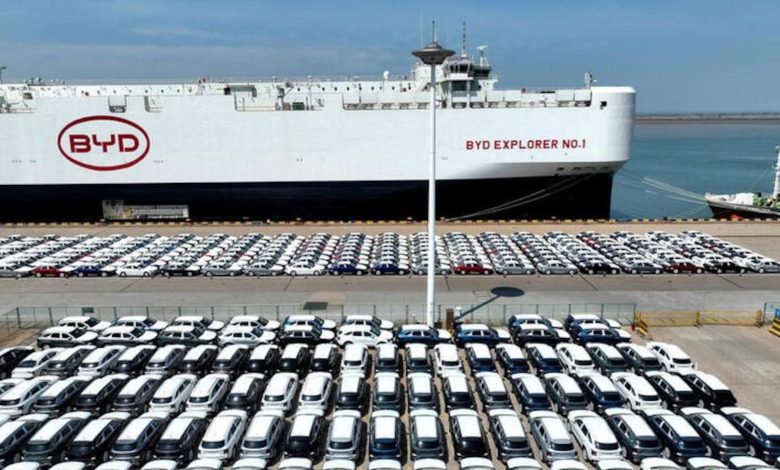
Indonesia has recently announced plans to impose import tariffs of up to 200% on China-made products.
In what has certainly been shocking news to some, Indonesia has recently announced that it plans to soon impose tariffs on products coming from China. These aforementioned import duties will apparently range from a rather steep 100%, to an eye-watering 200% of the good’s value.
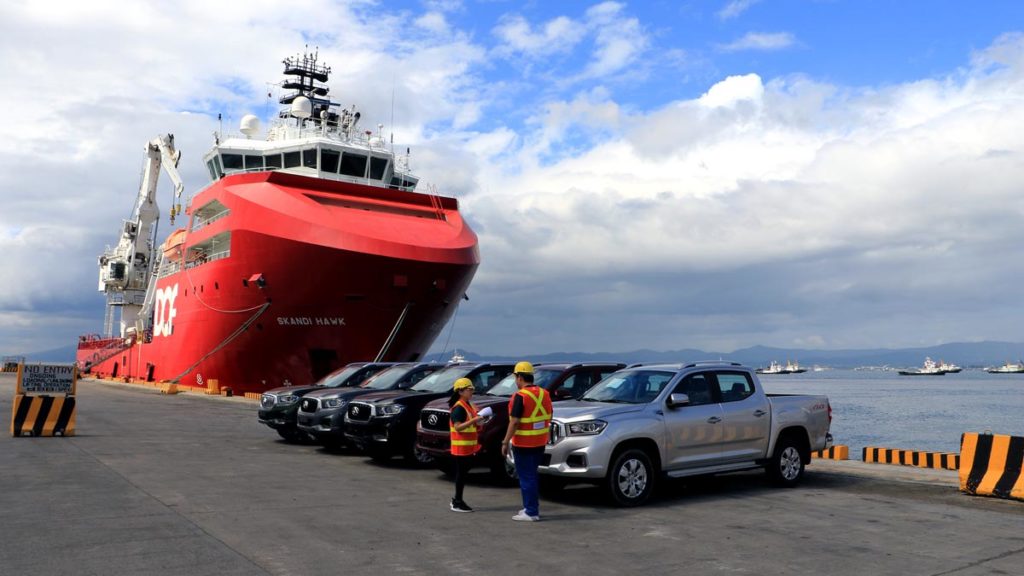
Indonesia’s national news agency Antara reports that the country’s government has proposed these tariffs in order to mitigate the effects of the ongoing trade war between China and the United States. The trade war is currently causing an oversupply in China as their products face rejection by Western countries, which in turn has forced them to redirect exports to other markets like Indonesia.
“If we are flooded with (imported goods), our micro, small and medium enterprises could collapse,” Trade Minister Zulkifli Hasan had previously told reporters on Friday. It is currently being reported that the influx of cheap Chinese textiles has since driven its local industry to the brink, with over 150,000 workers being laid off in the last two years.
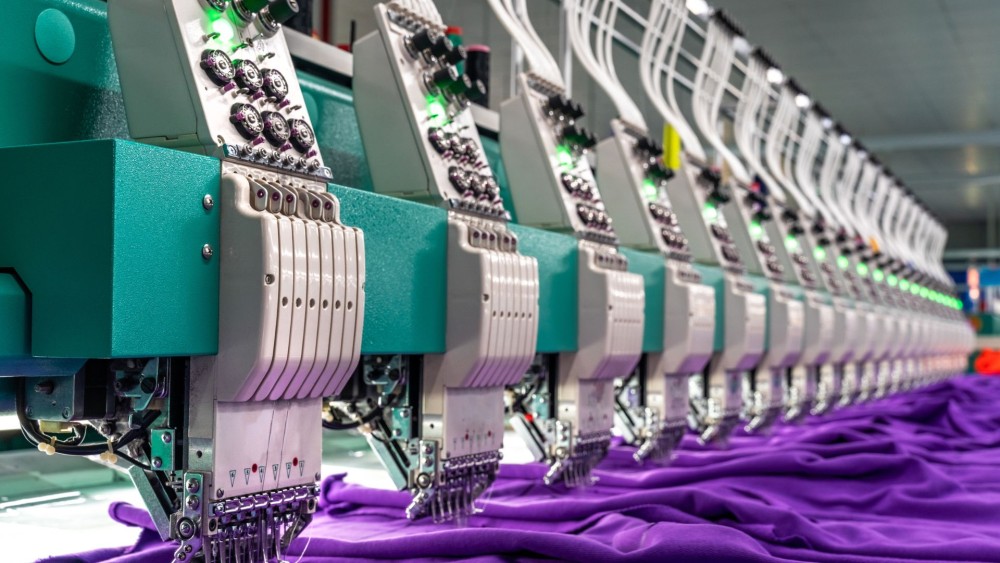
These new tariffs will take effect once the related regulation is issued, with the Indonesian Trade Safeguards Committee currently investigating to determine the exact duty rates to be applied. It is also reported for these additional duties will be levied on a range of imports that span from steel to ceramics and textiles to cosmetics, but no specific word yet on whether cars and/or auto parts will be included.
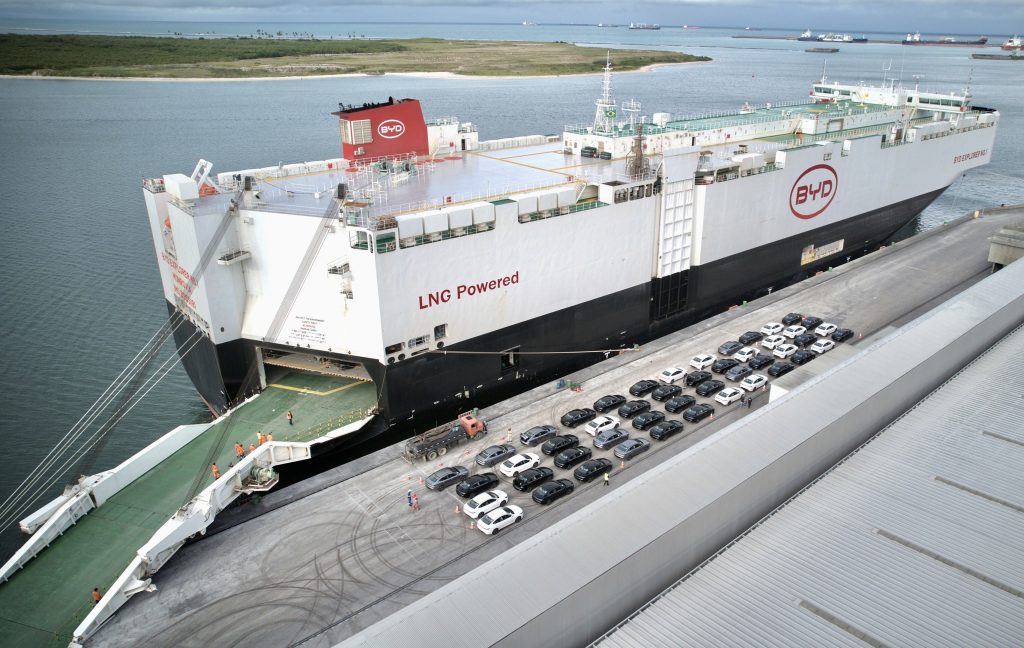
Now despite how much more affordable these Chinese cars are relative to what was already on the market in Indonesia, it is nevertheless somewhat unlikely that automobiles will be affected by these anti-dumping tariff plans. This is especially when considering that the country already has some rather steep duties in place for imported cars (upwards of 60%), with many of these Chinese automakers already in the process of kickstarting local assembly endeavours.
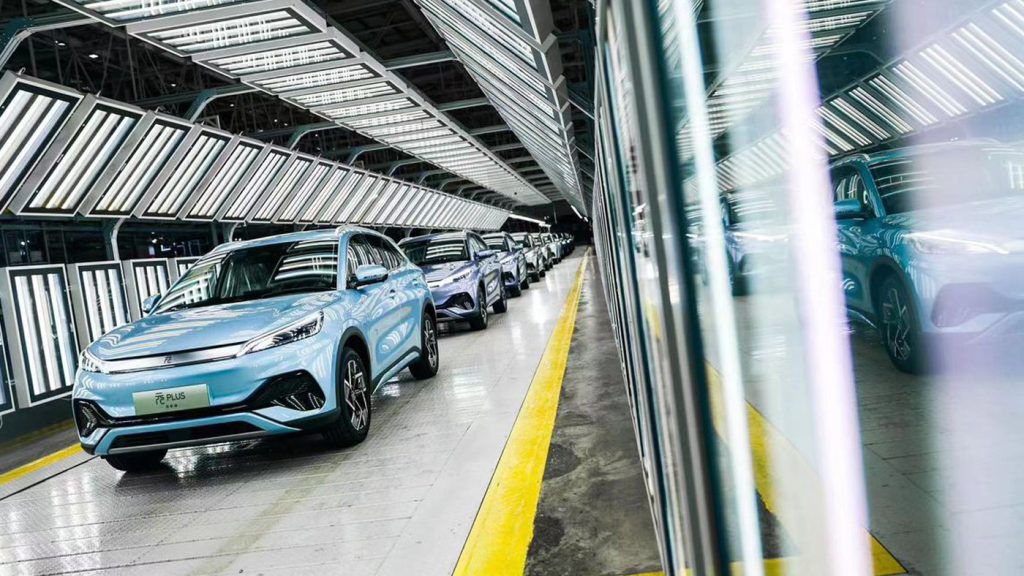
China has been Indonesia’s largest trading partner for more than a decade now, with it ranking as the country’s top three sources of direct investment for 8 consecutive years. So it really remains to be seen if the government actually goes through with these tariffs, or will it kowtow to its financial masters.
And just putting it out there too, Southeast Asia’s biggest economy had actually issued a regulation late last year to tighten monitoring for more than 3,000 imported goods, from food ingredients to electronics to chemicals. However, the regulation was reversed after domestic industry said it hindered the flow of imported materials needed by domestic industry.
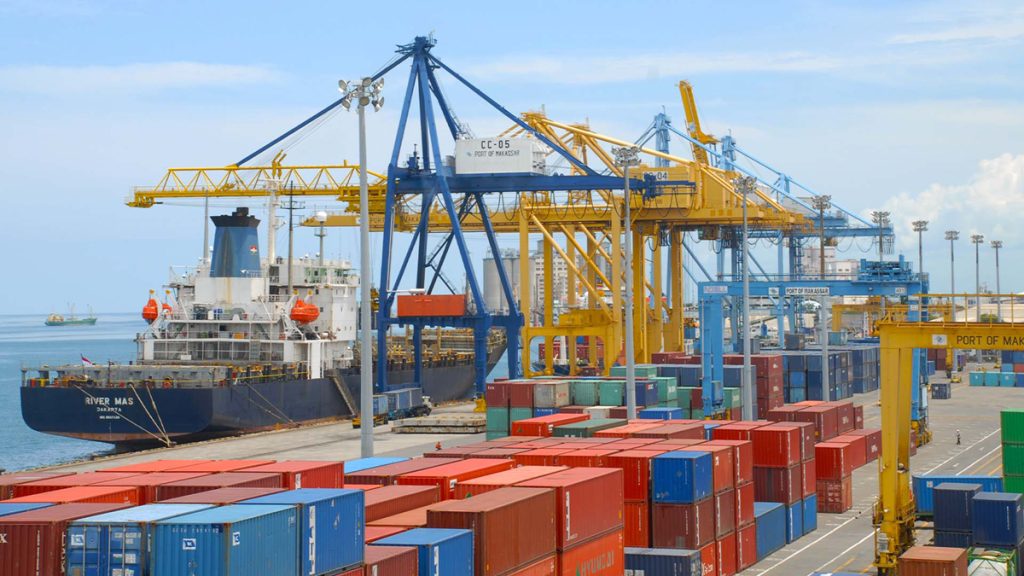
All that can be said by an observer from the other side of the Malacca Strait meanwhile is that we over here too should certainly be taking note of this particular story, as what is happening to our neighbour across the strait is most definitely taking place here as well…

